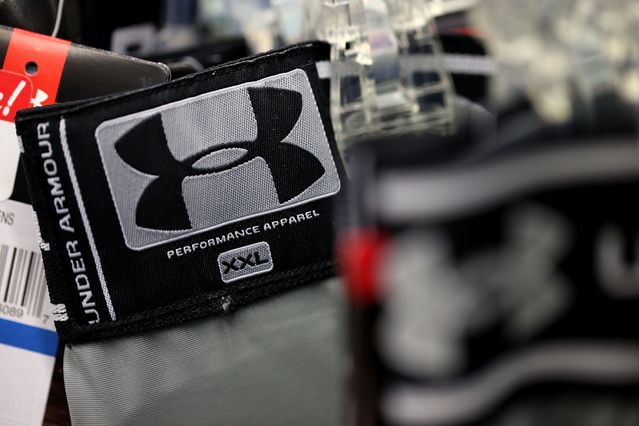Text size

Demand for athletic gear is strong, Piper Sandler said.
Justin Sullivan/Getty Images
Under Armour’s
recent selloff shouldn’t deter investors, according to analysts at Piper Sandler. They argue the strength of the athletic-apparel retailer’s fiscal fourth-quarter earnings were simply overshadowed by recent supply-chain constraints.
The stock slumped nearly 10% on Friday after the company posted strong earnings, but said supply-chain issues could have a bigger impact over the next few quarters than originally expected. The company, whose shares were up 0.5% to $15.44 on Monday, said Friday that rising costs in its supply chain could hurt its profitability.
Sales in the current quarter are expected to be up at a mid-single-digit rate relative to the same three months in 2021, the company said, compared with a prior outlook of a low-single-digit rate. “This expectation includes approximately 10 percentage points of headwinds related to reductions in our spring-summer 2022 order book from supply constraints associated with ongoing COVID-19 pandemic impacts,” it said.
But there are plenty of positives to note, including strong demand for athletic apparel and solid management of administrative expenses thanks to some cost restructuring, Piper Sandler analyst Erinn Murphy wrote in a research note Friday.
“We remain positive on UAA following the company’s clean beat for Q4 and view today’s 12% downdraft in the stock as a clearing event,” Murphy said.
CEO Patrik Frisk said on the company’s Friday’s earnings call that demand is helping
Under Armour
to win shelf space with some of the company’s largest wholesale partners. Though the company didn’t provide details on who those partners are, it’s a good sign for the retailer, Murphy wrote, adding that Under Armour’s inventory levels are the best they’ve seen in the last decade.
Ongoing cost restructuring is also on the company’s side, Murphy said. Back in 2020, the company rolled out an official restructuring plan related to costs due to the Covid-19 pandemic. Those efforts have continued, with executives saying on the call that they are now more nimble in their response to inflation.
The stock is down 18% the last 12 months.
Write to Logan Moore at [email protected]


